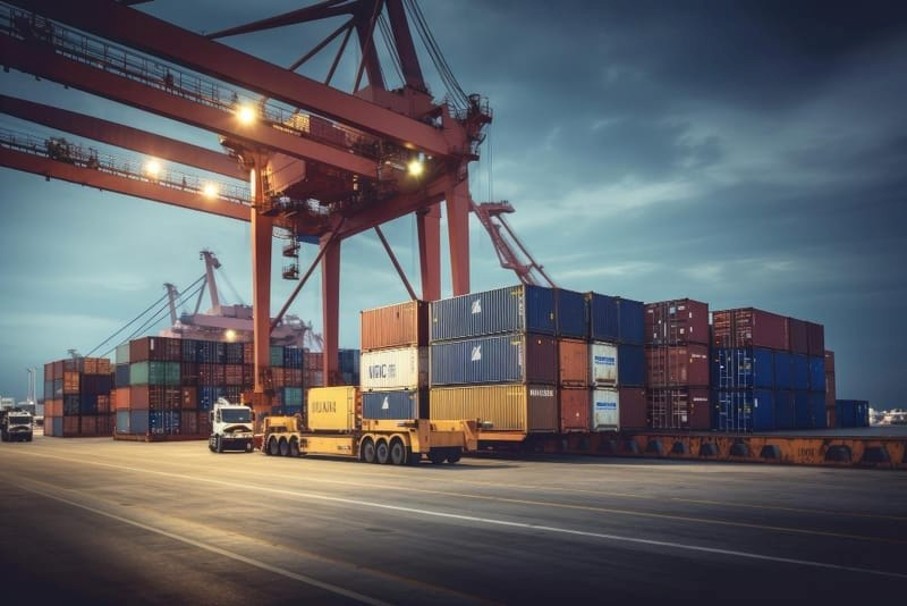Government/Policy

June 21, 2018
Codes a Source of Disharmony in Tariff Exclusion Process
Written by Tim Triplett
The Commerce Department’s procedure for filing requests to have products excluded from the Section 232 steel tariffs has been called confusing and burdensome by many companies, some of which have been thwarted in their attempts to file. Applications can be rejected for something as simple as an inaccurate Harmonized Tariff Schedule (HTS) code.
In testimony Wednesday before the Senate Finance Committee, Commerce Secretary Wilbur Ross defended the requirement that companies provide HTS codes for each product. They must do so individually rather than through their trade associations, which are barred from applying for exclusion requests. Allowing associations to file would just add another step to the process, Ross said.
“The only way we can deal with it is very specific products, the harmonized code, because that is the only way Customs and Border Protection can deal with things and implement them,” Ross said during the hearing. He added, “I find it hard to imagine that even a small company doesn’t know the HTS number of the products they buy.”
Actually, that is frequently the case, said Washington trade attorney Lewis Leibowitz. Classification cases often go to court (the Court of International Trade) over arcane issues of interpretation to determine the correct classification. Differences of opinion can often mean considerable costs or savings to buyers.
Many, if not most, domestic manufacturers are not the “importer of record” of the components they use. Trading companies and others quite commonly act as importers—and they often use customs brokers to determine the classification of the goods. Then the importers sell the products as domestic transactions to the end-using manufacturer. In those cases, the manufacturer has no need (at least until these tariffs) to know or fight about the proper tariff classification. “It is disconcerting that Secretary Ross is apparently unaware of how global business is done these days,” Leibowitz added.
One trader, who asked to remain anonymous, concurs with Leibowitz. “It has been our experience, that most smaller, mid-sized and at times even larger buyers are unfamiliar with the complex structure of Harmonized Tariff Codes. HTCs are a relevant database only for those market participants that are actively involved with U.S. customs clearance, such as custom house brokers or to some extent trading houses. The Secretary of Commerce does not appear to be aware of or interested in the cumbersome HTC structure. As a trading company, we had to guide most of our clientele that presented an exemption request through the process with a fine-toothed comb. Moreover, for Commerce not to permit specific industry trade associations to present requests for product exemptions makes the review process more complicated as Commerce is not able to grasp the full magnitude of entire product groups to be impacted by an affirmative ruling (tin plate, which is clearly in short-supply without imports, is one example).”
Agreed a mill executive: “Most people simply rely on their customs broker to select the right HTS code. From personal experience, in some cases brokers have even committed errors of interpretation of which HTS code was appropriate. HTS codes are quite nuanced in certain products and sizes and the material descriptions may not provide a no-brainer match. In the past, these errors may not have had a financial impact as there were no duties or quotas, but now it is more relevant and errors have bigger potential consequences.”







